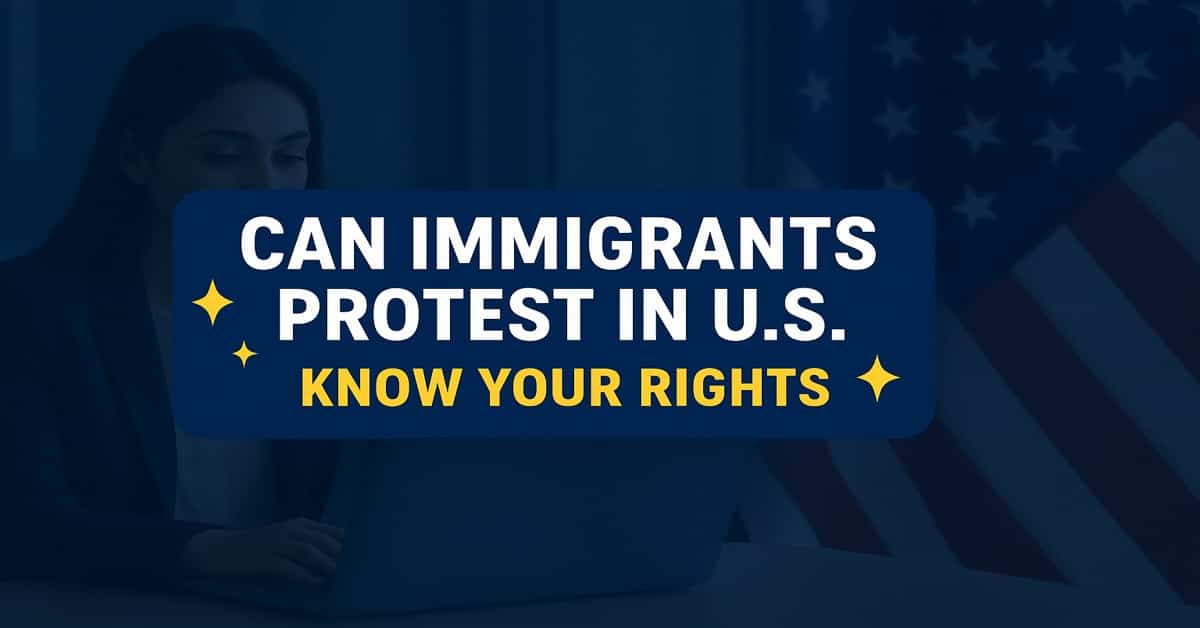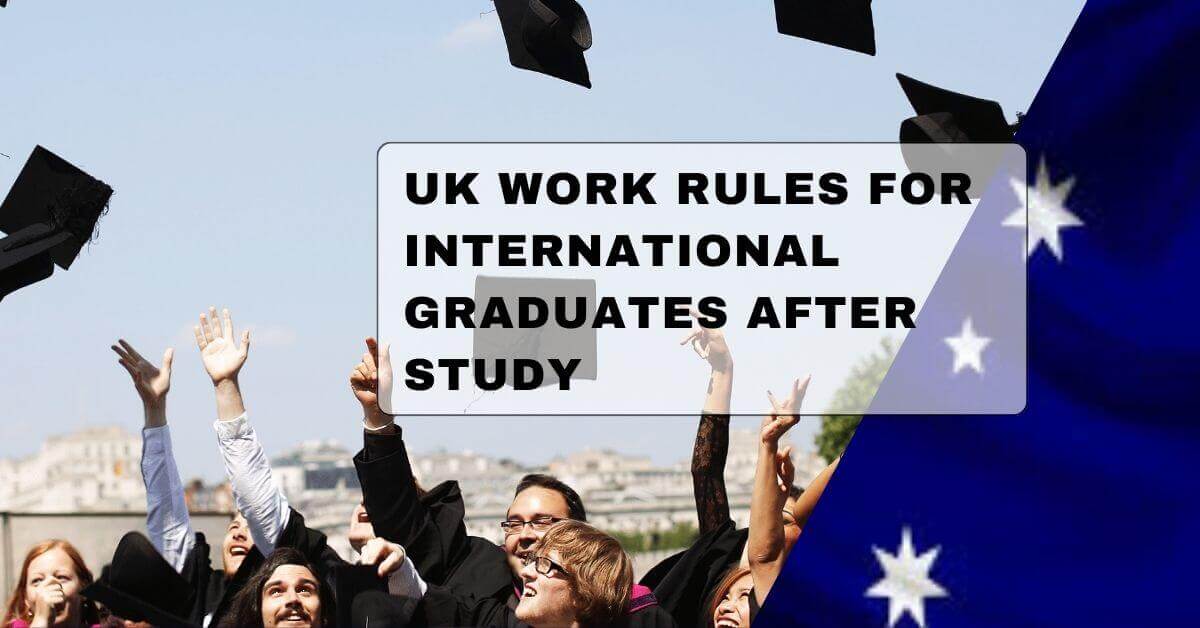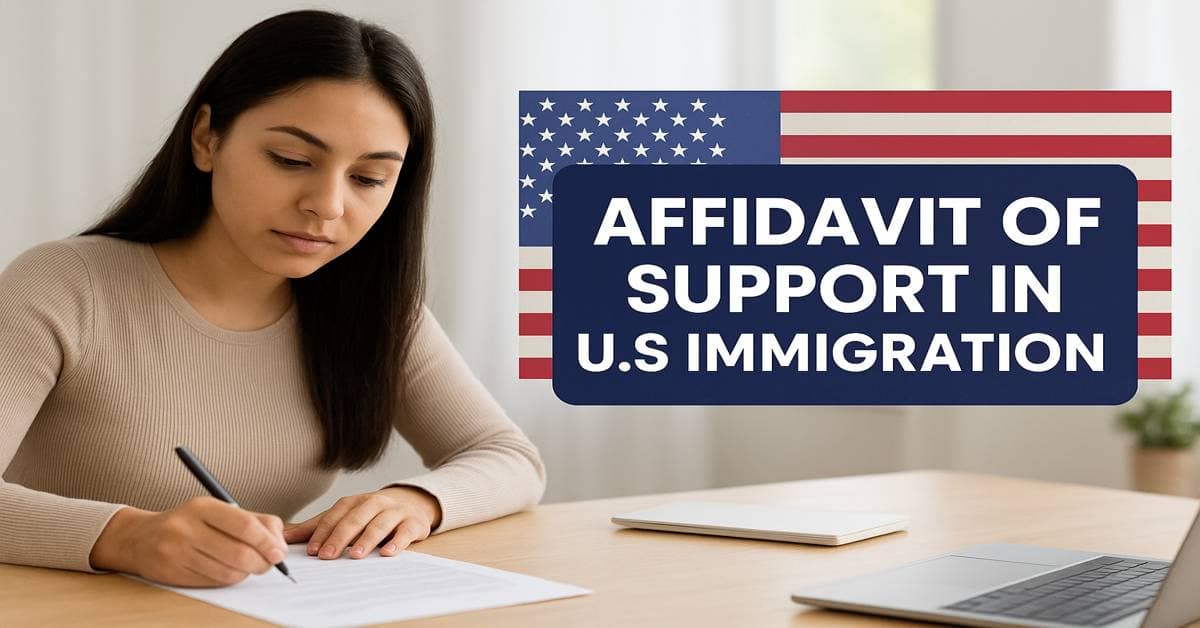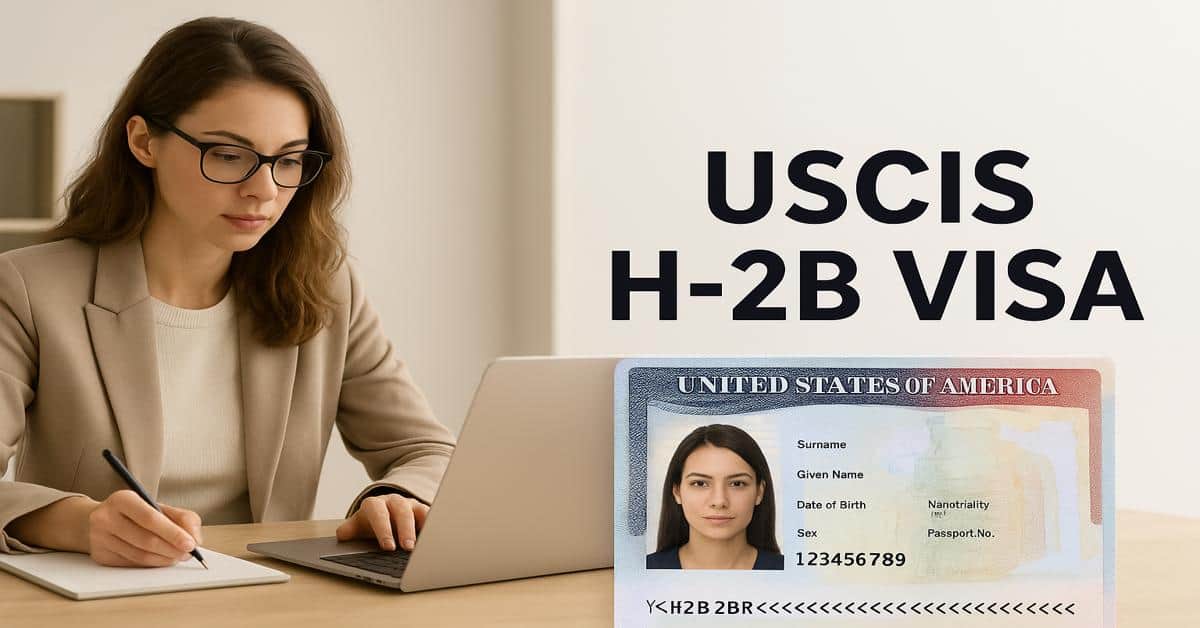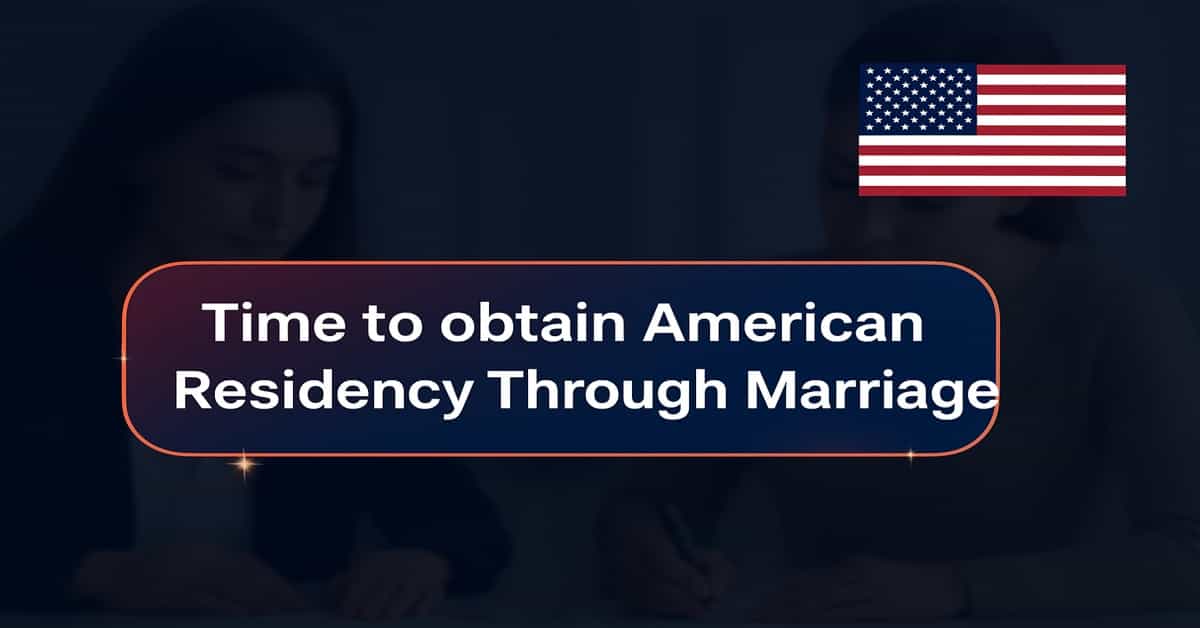The First Amendment of the U.S. Constitution protects freedom of speech and peaceful assembly for everyone in the United States citizens and non-citizens alike. But if you’re here on a visa, green card, DACA, TPS, or without legal status, the risks look very different.
Understanding your rights is the best way to stay safe while making your voice heard.
Your Rights at a Protest:
- Free Speech
You can express your views, join marches, and participate in peaceful demonstrations. - Right to Remain Silent
If an immigration officer questions you, you don’t have to share your birthplace, immigration status, or how you entered the U.S.
Say clearly: “I choose to remain silent.”
If you have a “Know Your Rights” card, you may hand it to the officer. - Right to a Lawyer
If detained, ask to speak with a lawyer before answering questions or signing documents. You can also request a list of free (pro bono) immigration attorneys. - Carry Valid Papers
If you’re over 18 and have immigration documents, the law requires you to carry them. Refusing to show valid papers when asked could create legal problems. - Refuse Searches
You don’t have to consent to a search of yourself or your belongings unless officers have a warrant. (Note: officers may pat down your outer clothing if they suspect you’re armed.)
Risks Immigrants Should Consider:
While you do have rights, your immigration status can make arrests or charges especially serious:
- Arrest = Immigration Trouble
Even a minor charge, like disorderly conduct, can complicate visa renewals, green card applications, or asylum cases. - DACA & TPS Are Fragile
These protections are discretionary. An arrest or certain charges could put your status at risk. - International Students
You can legally participate in peaceful protests. But visa conditions are strict. Blocking traffic, trespassing, or being arrested for any reason may affect your status. - Social Media Scrutiny
Immigration officers may review your online presence during applications or renewals. Sharing photos or posts from protests could invite unwanted attention.
Peaceful Protest vs. Riot:
There isn’t a single nationwide legal definition of “peaceful protest.” Rules vary by city and state. But the difference usually comes down to violence:
- Peaceful Protest: Organized, non-violent gatherings with a clear message. (Example: marching with signs and chanting.)
- Riot: Chaotic, destructive, or violent activity. Even if you aren’t violent, being present at a riot could lead to arrest — and that arrest could affect your immigration case.
Immigrant Rights in U.S.:
Immigrants in the United States have important legal protections, including rights related to free speech, assembly, and participation in public protests. While immigration status may affect certain legal responsibilities, all immigrants—documented or undocumented—enjoy basic civil liberties guaranteed under the U.S. Constitution.
U.S. Protest Laws for Non-Citizens:
Non-citizens in the U.S., including green card holders and visa holders, are generally allowed to participate in peaceful protests. Local and federal laws ensure that lawful assembly is protected, though non-citizens must comply with rules such as obtaining permits for large gatherings or following public safety regulations.
Check Also: Affidavit of Support in U.S Immigration
Can Non-Citizens Participate in Protests:
Yes, non-citizens can participate in protests. Green card holders, visa holders, and even undocumented immigrants can join demonstrations as long as they remain peaceful and do not engage in illegal activity. Participation in lawful protests does not directly impact immigration status, though caution is advised to avoid arrests or involvement in civil disobedience.
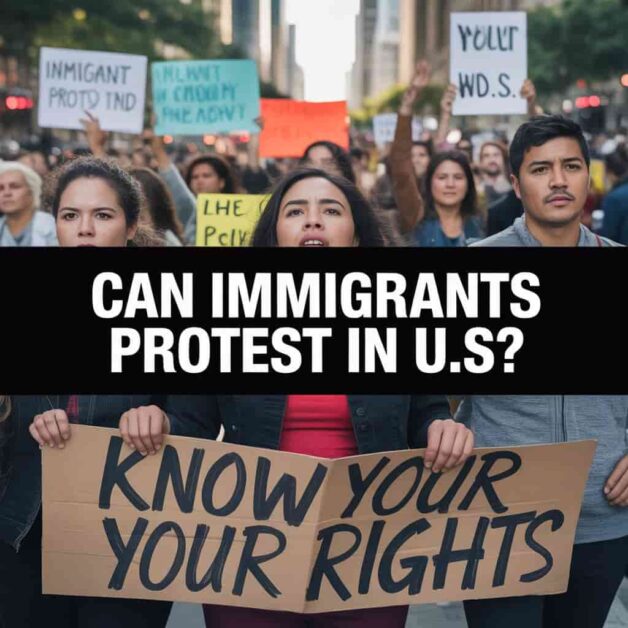
Legal Protections for Immigrants Protesting:
Immigrants are protected under the First Amendment, which guarantees freedom of speech and the right to assemble. Local police must respect these rights, and immigrants cannot be targeted solely for exercising their right to protest. However, certain actions, like trespassing or violence, may result in legal consequences regardless of immigration status.
First Amendment Rights for Immigrants:
The First Amendment protects the rights of all people in the U.S., not just citizens. This means immigrants can:
- Attend rallies and demonstrations
- Express political opinions publicly
- Advocate for policy change
These rights are crucial for immigrant activism and advocacy work across the country.
Immigration and Freedom of Speech:
Freedom of speech is central to immigrant advocacy. Immigrants often organize and participate in rallies, petitions, and campaigns to raise awareness about issues like immigration reform, workplace rights, and social justice. Exercising these rights legally strengthens community voices without jeopardizing residency or visa status.
Immigrant Activism in America:
Immigrant activists have played a pivotal role in shaping U.S. policies. From civil rights marches to local demonstrations, immigrants use peaceful protest as a tool to advocate for equity and justice. Awareness of legal protections helps activists remain safe and effective.
Civil Rights for Immigrants in U.S.:
Civil rights protections extend to all residents, including non-citizens. These include the right to:
- Participate in public demonstrations
- Speak freely on political and social issues
- Access legal counsel if detained during protests
Immigrant Advocacy and Protests:
Organizations and community groups often provide guidance for immigrants who wish to protest safely. Knowing your rights, carrying identification, and staying informed about local ordinances are key steps to safe participation.
Protesting as a Green Card Holder:
Green card holders enjoy the same First Amendment protections as citizens. They can legally attend rallies, organize campaigns, and express opinions without fear of losing their permanent residency—provided all activities remain lawful.
Immigration Law and Public Demonstrations:
While immigration law governs residency and work authorization, it does not prohibit lawful protest. Legal protections ensure that immigrants can engage in advocacy while maintaining compliance with immigration regulations.
How Immigrants Can Legally Protest in U.S.:
To protest legally, immigrants should:
- Stick to peaceful assemblies
- Avoid restricted or private property
- Follow permit requirements for large gatherings
- Understand local laws to prevent unnecessary legal risks
Rights of Immigrants to Join Protests and Rallies:
Non-citizens can safely participate in protests and rallies, express opinions, and advocate for social change. Knowledge of your rights, as well as guidance from legal or community organizations, helps ensure safety and compliance with the law.
Can Undocumented Immigrants Safely Protest in America:
Undocumented immigrants can attend protests, but they must exercise caution. Peaceful participation is generally protected, but interactions with law enforcement or involvement in illegal activity can carry immigration risks. Staying informed and connected to immigrant advocacy networks is critical.
U.S. Laws Protecting Immigrant Protesters:
Key protections for immigrant protesters include:
- First Amendment: Freedom of speech and assembly
- Civil Rights Laws: Protection against discrimination
- Local Ordinances: Guidelines for lawful public demonstrations
Understanding these rights empowers immigrants to advocate for themselves and their communities safely.
Tips for Immigrant:
- Go with trusted friends and share your emergency contact information.
- Write down a lawyer’s phone number before you leave.
- Keep your phone charged and use a lock screen.
- Stay alert. If tensions rise, calmly move away from areas with heavy police presence.
- Never provide false information or documents to officials.
- Document interactions with law enforcement — note dates, times, names, and badge numbers.
Conclusion:
Immigrants in the U.S. have the right to peacefully protest, but understanding your legal risks is essential. Staying informed, calm, and prepared helps protect your status while exercising your rights. Use trusted resources and legal guidance to stay safe and make your voice heard responsibly.
Frequently Asked Questions:
-
Can non-U.S. citizens legally participate in protests?
Yes. The First Amendment protects free speech and peaceful assembly for everyone on U.S. soil, regardless of immigration status.
-
Can social media posts about protests affect my immigration status?
Yes. Immigration officials may review public posts during visa renewals, green card applications, or removal proceedings, so be cautious about what you share.
-
What should I do if an immigration officer stops me at a protest?
You have the right to remain silent, request a lawyer, and refuse searches without a warrant. Carry valid documents and consider a “Know Your Rights” card.
